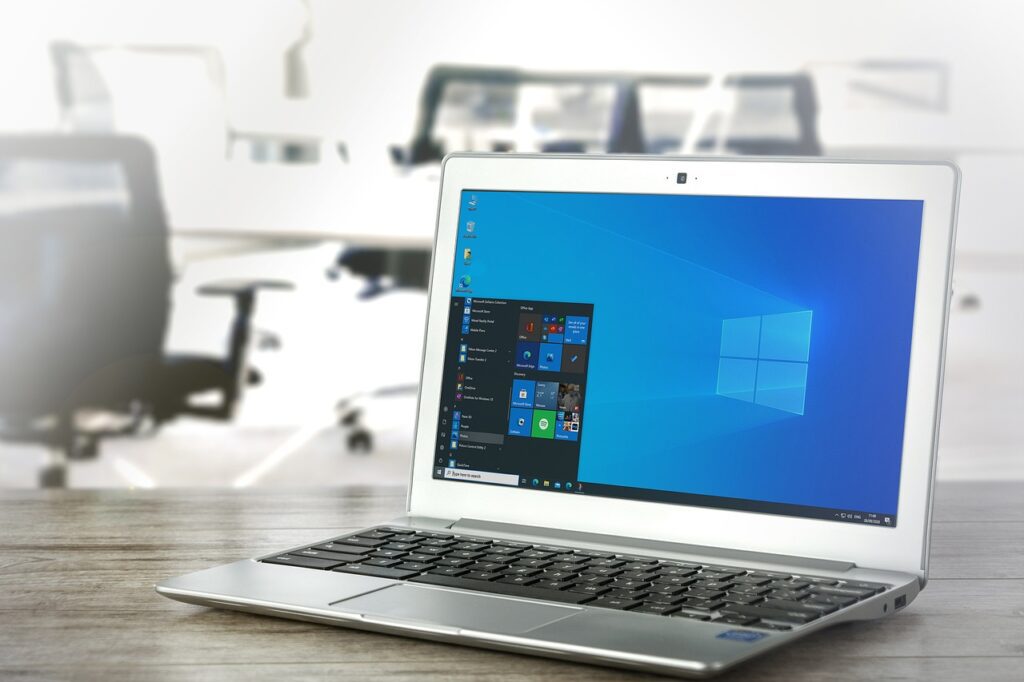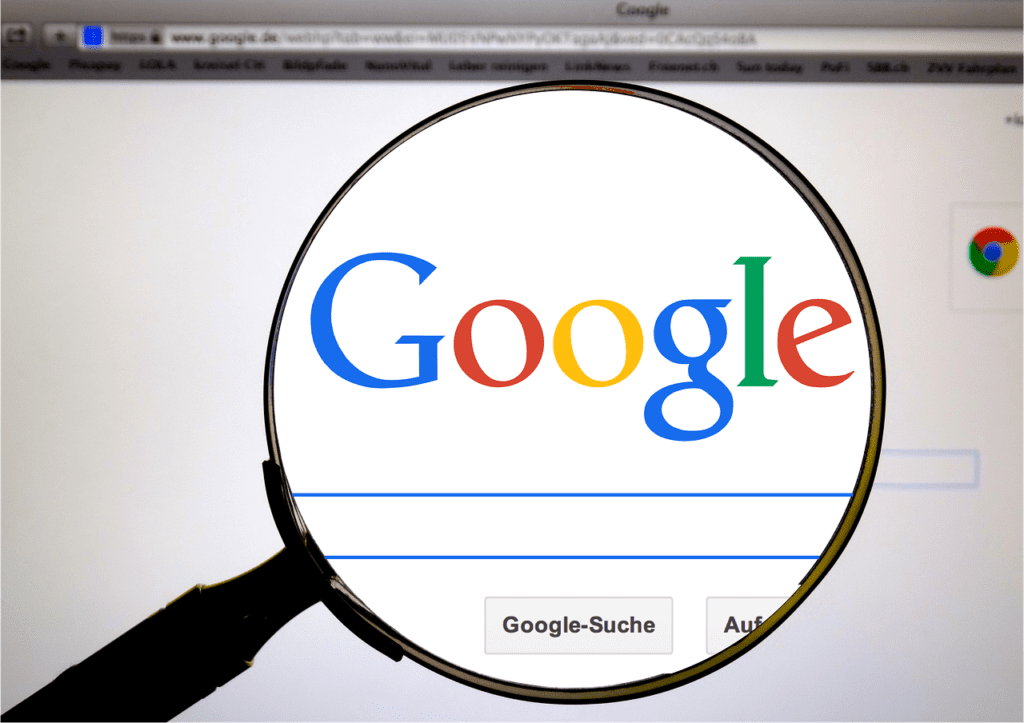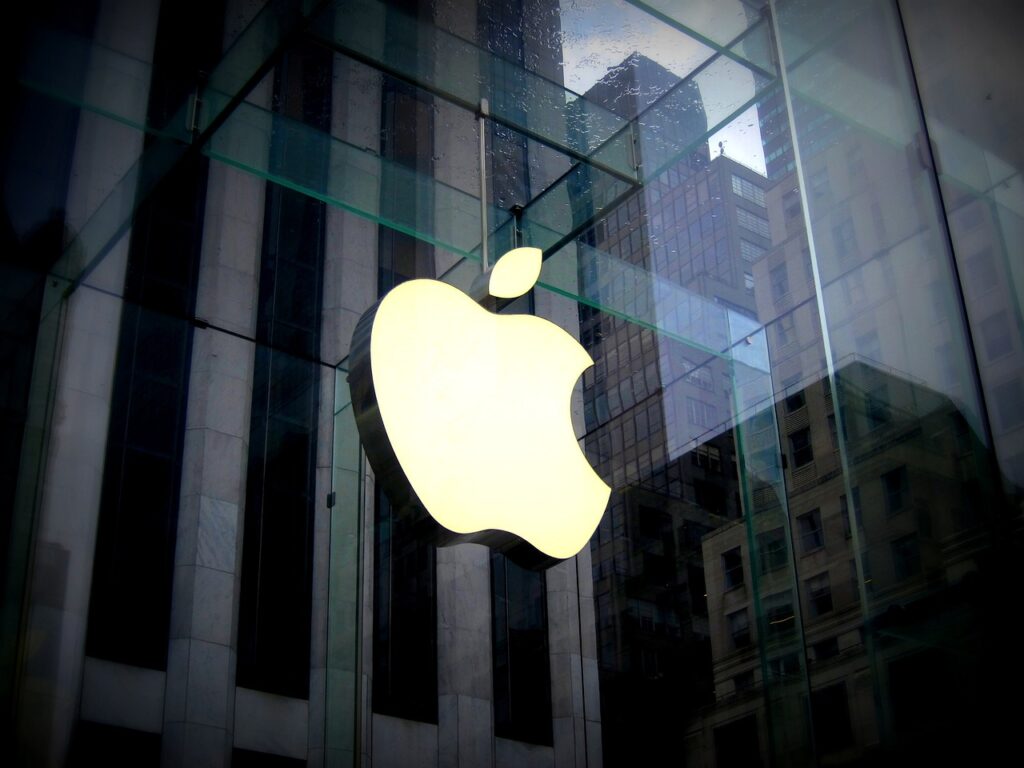Microsoft Introduces Groundbreaking AI Key Redefining Keyboard Design
Microsoft’s stride in technological innovation takes a leap with a groundbreaking redesign of computer keyboards, a transformative shift not witnessed in over three decades. This overhaul introduces the “Copilot key,” a distinct feature integrated into select personal computers running the Windows 11 operating system. Designed to directly engage Microsoft’s AI chatbot, this signifies the company’s deep collaboration with OpenAI, the creator of ChatGPT. This strategic move extends beyond Microsoft’s own devices, aiming to entice third-party computer manufacturers like Dell to incorporate this AI-specific button into their laptops. Such a step underscores Microsoft’s ambition to position itself as a primary gateway for the myriad applications of generative AI technology. Despite the prevalent reliance on smartphones for internet access and AI applications, the introduction of the Copilot key symbolizes the fierce competition among tech giants in advancing AI capabilities. However, this fervor is coupled with unresolved ethical and legal complexities. Recent legal disputes, including The New York Times’ lawsuit against OpenAI and Microsoft, alleging copyright infringement, further underline the heightened stakes in this domain. The keyboard redesign stands as a landmark moment, marking the most significant alteration since the introduction of the iconic Windows key in the 1990s. Microsoft’s logo design may have evolved, but the keyboard itself has retained its essence for nearly three decades. The new AI button, adorned with the distinctive Copilot logo, finds its place adjacent to the space bar on select computers, replacing the right “CTRL” or menu key. This innovation echoes the pioneering concepts introduced by companies like Apple with its “Command” key and Google’s prior experimentation with AI-specific keys on Chromebooks, emphasizing unique functionality. This unveiling on Dell Technologies’ latest XPS laptops hints at broader adoption within the industry. While Microsoft has not disclosed the roster of manufacturers adopting the Copilot button, speculation looms large as the tech community eagerly awaits potential unveilings at the upcoming CES gadget show in Las Vegas. The industry’s anticipation amplifies, hinting at a transformative wave in computing experiences.


